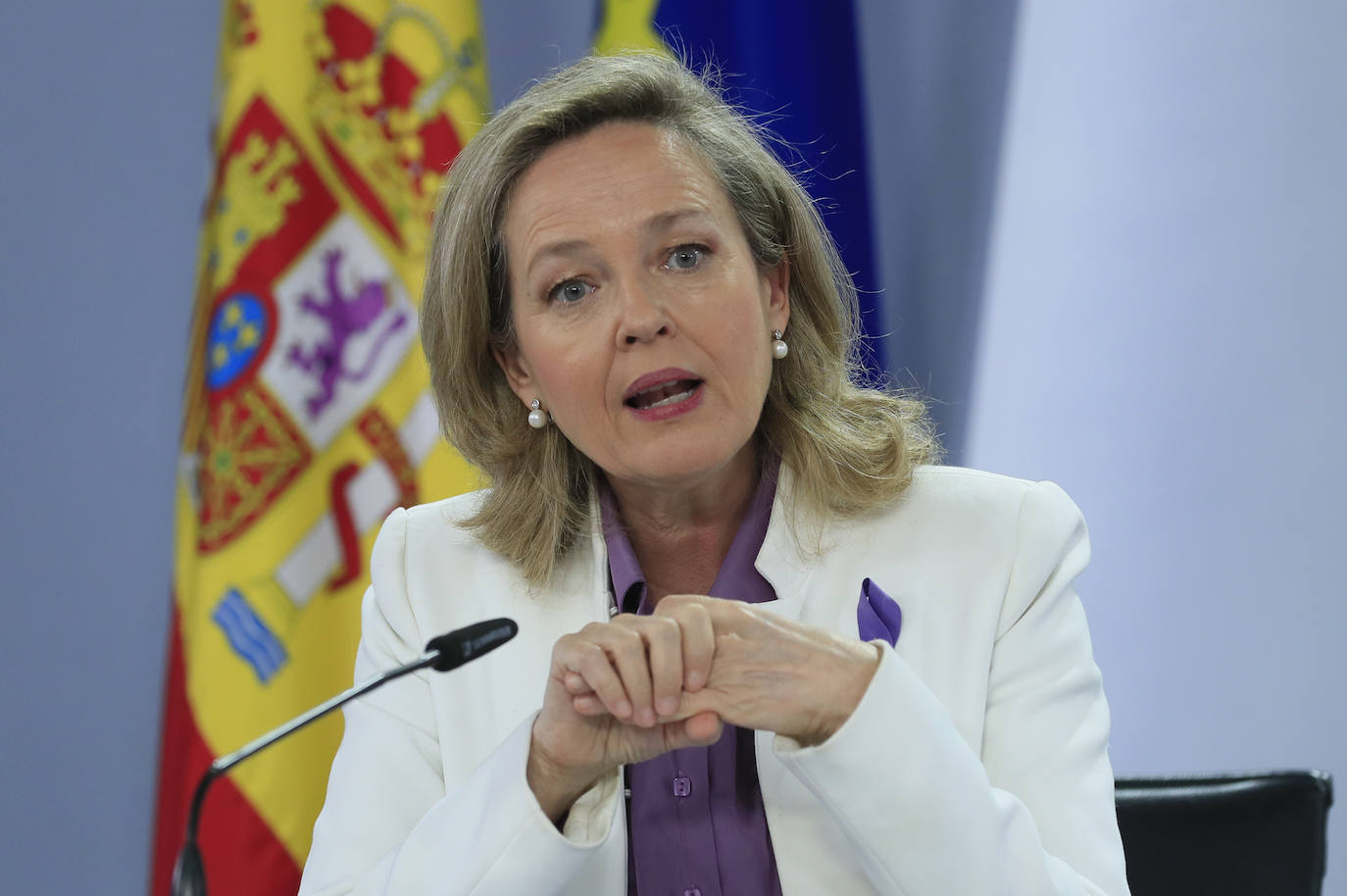What relief?
Deputy PM and economy minister Nadia Calviño singled out China as the country on which the EU "cannot just turn [its] back"
Mark Nayler
Viernes, 14 de abril 2023, 13:36
Deputy PM and economy minister Nadia Calviño was in Washington DC this week, mainly, it seems, to stress the importance of avoiding global economic fragmentation. ... Calviño, who attended the IMF and World Bank's Spring Meetings, as well as a debate organised by the Atlantic Council, singled out China as the country on which the EU "cannot just turn [its] back".
The economic context of Calviño's warning is global concern over the exact nature of China's lending arrangements with poor countries. In other words: if international debt relief is to proceed apace, then China must collaborate fully with Europe (and the US). But the PSOE member's words also have a political sense, especially in light of Xi Jinping's dubious pledge to act as a mediator between Putin and the rest of the world: don't turn your back on a country that doesn't necessarily share concerns to restore peace to Ukraine.
Calviño somewhat understated the matter when she described China as a "very important creditor". This has certainly been the case for Spain: at the height of the 2008-2010 financial crisis, China bought substantial amounts of Spanish public debt and became the country's second largest international creditor, after the US.
China is now the world's largest bilateral creditor. It has pumped hundreds of billions of dollars into developing countries, with Zambia and Sri Lanka regarded as two of the most prominent "test cases". But both countries have defaulted on their overseas debt and are now renegotiating with creditors, major Chinese lenders among them. The problem is that no one outside these talks - and perhaps only one side within them - seems to know on what exact terms they're being conducted.
Opacity is increasingly setting the world's second-largest economy against the IMF and World Bank in debt relief operations. A report released in 2019 by the National Bureau of Economic Research found that half of Chinese lending to 152 developing countries between 1949 and 2017 was not logged with either the IMF or the World Bank, even though China belongs to both.
The problem for Spain, as with all other European countries, is keeping strong economic ties with China amid shifting geopolitical allegiances, especially those forged or threatened by Russia's invasion of Ukraine. This is not just for domestic reasons, but also because of the global debt relief situation, in which China's involvement is marked by recalcitrance and obscurity.
Calviño said in DC that she hoped to be able to give Sri Lanka, Zambia and Ghana positive news by the end of the year about their foreign debts. Spain, as leader of the EU Council during the latter half of 2023, will have a crucial role in improving the situation; but it can't succeed without the aid of an increasingly elusive commodity: China's cooperation.
¿Tienes una suscripción? Inicia sesión
